Q&A: Helen Caldicott, Physician and Anti-Nuclear Advocate
Written on September 27th, 2007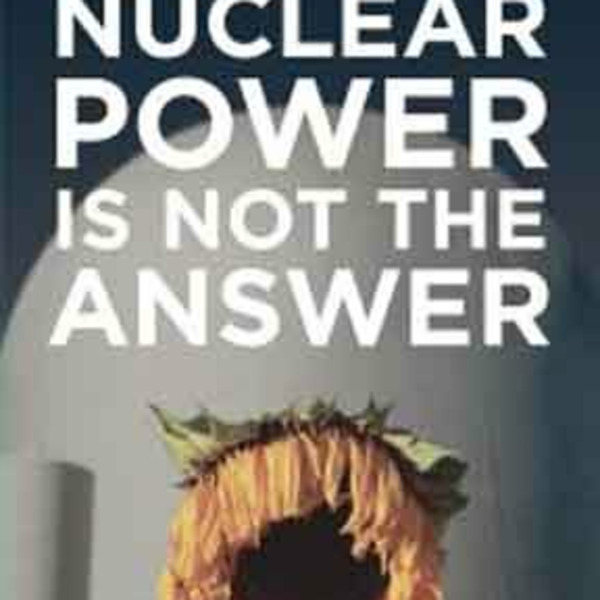
Helen Caldicott is an Australian physician and anti-nuclear advocate who has founded several associations dedicated to opposing nuclear weapons, nuclear weapons proliferation, war and military action in general, particularly the use of depleted Uranium munitions, most notably nuclear energy in recent years, Uranium mining and nuclear technology in general.
Q&A: George Monbiot, Journalist and Author
Written on September 27th, 2007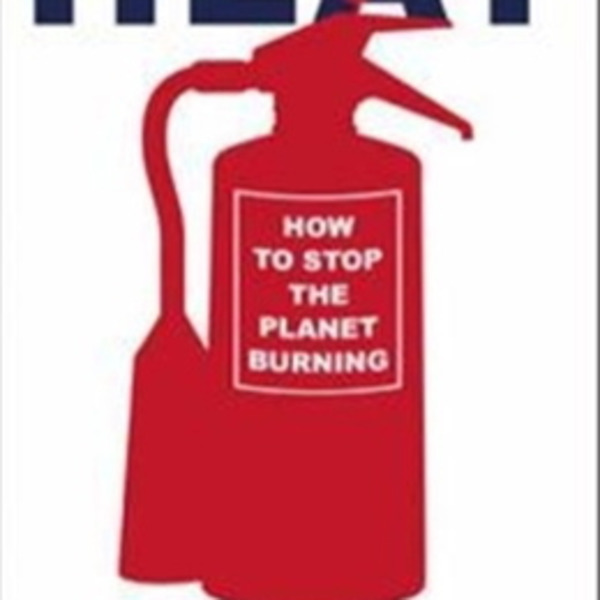
George Monbiot is a journalist, author, academic and environmental and political activist in the United Kingdom who writes a weekly column for The Guardian newspaper. He is on the advisory board of BBC Wildlife magazine. Monbiot’s most recent book, Heat: How to Stop the Planet Burning, published in 2006, focuses on the issue of climate change. In this book, Monbiot argues that a 90% reduction in carbon emissions is necessary in developed countries in order to prevent disastrous changes to the climate. He then sets out to demonstrate how such a reduction could be achieved within the United Kingdom, without a significant fall in living standards, through changes in housing, power supply and transport. Monbiot concludes that such changes are possible but they would require considerable political will.
Q&A: Niall Ferguson, Author
Written on September 27th, 2007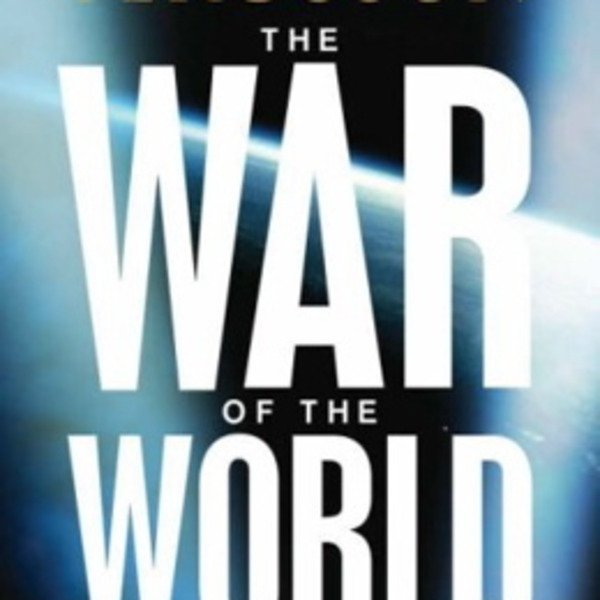
This interview was recorded on Ferguson's recent trip to Los Angeles - before the election and before the resignation of Donald Rumsfeld, so neither of these big stories will be mentioned. Ferguson is more conservative than my usual guest. The first two thirds deal with his views of the 20th century and their implications for our present moment. In the final third I confront his early support for the US invasion of Iraq.
Q&A: Richard Heinberg, Author
Written on September 26th, 2007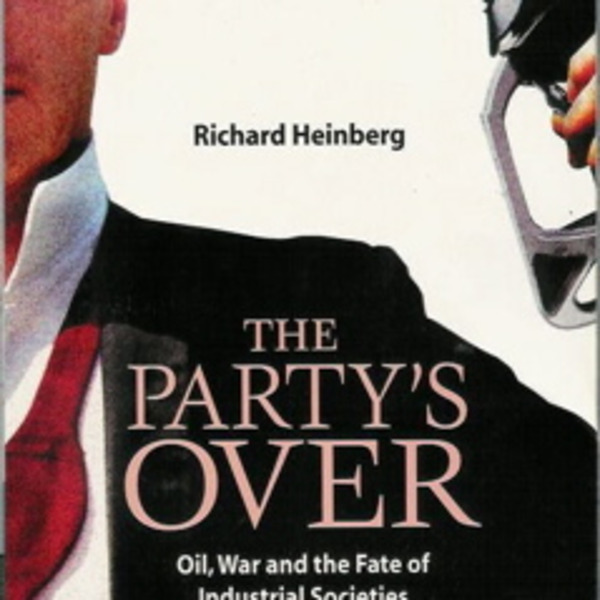
"The Party's Over," Richard Heinberg places this momentous transition in historical context, showing how industrialism arose from the harnessing of fossil fuels, how competition to control access to oil shaped the geopolitics of the 20th century, and how contention for dwindling energy resources in the 21st century will lead to resource wars in the Middle East, Central Asia, and South America. He describes the likely impacts of oil depletion, and all of the energy alternatives. Predicting chaos unless the U.S.-the world's foremost oil consumer-is willing to join with other countries to implement a global program of resource conservation and sharing, he also recommends a "managed collapse" that might make way for a slower-paced, low-energy, sustainable society in the future.More readable than other accounts of this issue, with fuller discussion of the context, social implications, and recommendations for personal, community, national, and global action. Heinberg's book is a riveting wake-up call for humankind as the oil era winds down, and a critical tool for understanding and influencing current U.S. foreign policy. Richard Heinberg, from Santa Rosa, California, has been writing about energy resources issues and the dynamics of cultural change for many years.A member of the core faculty at New College of California, he is an award-winning author of three previous books. His "Museletter "was nominated for its "Best Alternative Newsletter" award by "Utne Reader "in 1993.
Q&A: Paul Rieckhoff, Executive Director of Iraq and Afghanistan Veterans of America
Written on September 24th, 2007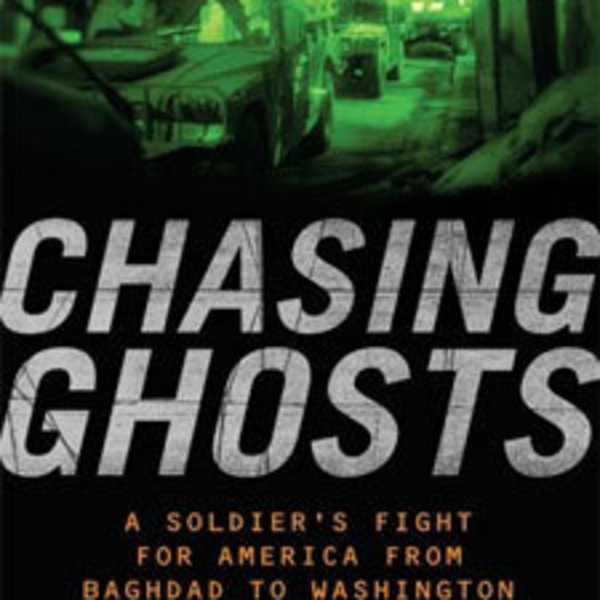
Paul Rieckhoff founded and is Executive Director of Iraq and Afghanistan Veterans of America (IAVA). A non-partisan non-profit founded in 2004 with tens of thousands of members in all 50 US states, IAVA is America’s first and largest Iraq and Afghanistan veterans' group. Rieckhoff’s first book, a critically acclaimed account of his experiences in Iraq and activism afterwards, titled Chasing Ghosts, was published by Penguin in May 2006 (paperback to be published May 2007). While the IAVA is not tied to any political party or candidate, Rieckhoff has been a harsh critic of the Bush administration and the war in Iraq. A 1998 graduate of Amherst College, he now lives in New York City.
